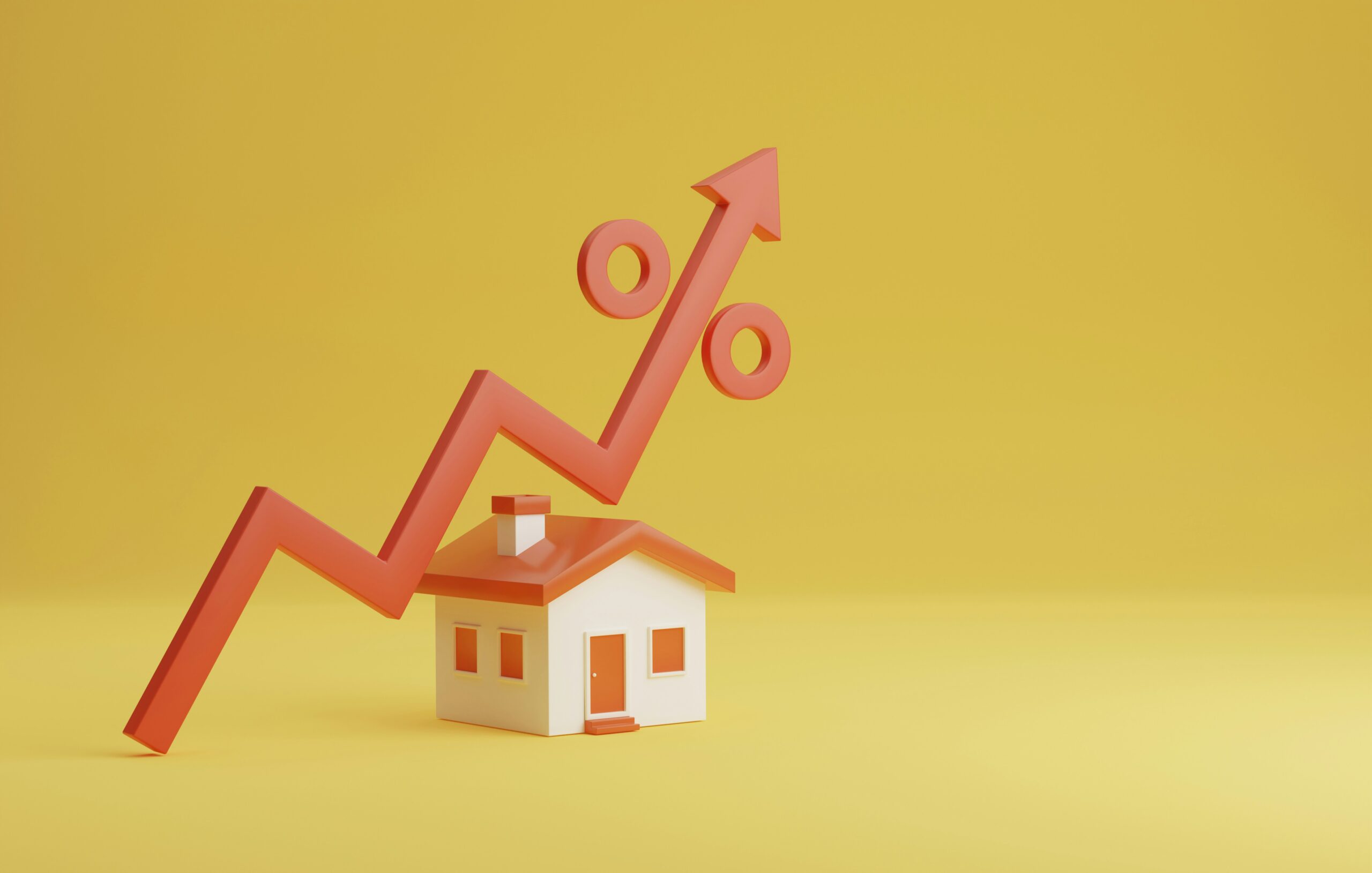
The real estate market is a dynamic and ever-evolving industry that responds to many factors, from economic shifts to technological advancements. As we look at the current state and future real estate projections, it’s clear that this sector is undergoing significant transformations that will shape how we buy, sell, and invest in properties. The following article explores key trends impacting the real estate industry today and what the future may hold.
Technological Advancements Driving Change
In recent years, AI has enabled more personalized and efficient property searches, as real estate platforms harness machine learning to recommend listings based on an individual’s preferences. Virtual tours and 3D imaging technology have made it easier for potential buyers to view properties remotely, saving time and resources. This is especially important in a world where social distancing and remote work have become standard practices.
Blockchain technology has also gained traction within the industry. Its decentralized nature enables secure, transparent transactions, reducing fraud and the need for intermediaries in property deals. Smart contracts powered by blockchain are poised to streamline and automate many administrative processes in real estate transactions, making them quicker and more cost-effective.
The Rise of Remote Work and Its Influence on Housing Markets
The COVID-19 pandemic caused a dramatic shift toward remote work, which has impacted housing markets. As employees embrace the flexibility of working from home, many individuals opt for larger homes or relocate to more affordable areas outside urban centers. This trend has increased demand for suburban properties and vacation homes as people seek more space for home offices and a better work-life balance.
Moreover, the desire for more spacious homes has led to a revaluation of urban real estate. While cities remain attractive for specific industries, such as finance and technology, the demand for high-rise apartments in major cities has slowed in favor of single-family homes with larger yards in suburban or rural locations.
Sustainability and Green Real Estate
Sustainability has become a critical consideration in the real estate market, driven by increasing awareness of environmental issues and the global push for climate change mitigation. The demand for green buildings and energy-efficient homes has surged in recent years as buyers and renters seek properties that align with their values of sustainability.
Green buildings, designed to minimize their environmental impact, are gaining popularity. These properties often feature energy-efficient appliances, solar panels, and smart home technologies that reduce energy consumption. In addition to the environmental benefits, these features result in long-term cost savings for property owners and tenants.
Interest Rates and Economic Impact on Real Estate
Interest rates significantly affect this market, and changes in these rates can influence everything from home affordability to investment strategies. In recent years, the Federal Reserve’s policy of low interest rates has led to a boom in the housing market. Low rates have made it easier for homebuyers to secure mortgages, which has driven demand and increased home prices nationwide.
However, as the economy begins to recover from the pandemic and inflation pressures mount, interest rates are expected to rise. Higher interest rates can make mortgages more expensive, potentially cooling the housing market and making it harder for first-time homebuyers to enter. Additionally, higher rates may lead to a slowdown in real estate investment as the cost of borrowing increases.
The Future of Commercial Real Estate
While residential real estate is experiencing its trends, the commercial sector is also adapting to changes brought on by technological advancements, remote work, and evolving consumer behaviors. For instance, the rise of remote and hybrid work models has deeply affected the demand for office space. As businesses downsize their office footprints or shift to fully remote operations, the need for large corporate offices in central business districts has diminished.
This shift has resulted in the repurposing of commercial office buildings. Commercial properties are converted into mixed-use developments, including residential units, retail spaces, and entertainment venues. Urban developers are finding creative ways to revitalize office buildings that would otherwise remain vacant, transforming them into properties that better meet the needs of modern consumers.
Real Estate Investment and the Role of Data Analytics
Data analytics is playing a growing role in this investment. Investors and developers use big data to make more informed decisions about where to invest, which properties to buy, and when to sell. By analyzing trends in property values, demographic shifts, and economic conditions, data-driven tools are helping investors identify the most lucrative opportunities.
Real estate investment trusts (REITs) are also benefiting from advancements in data analytics. These organizations are leveraging data to optimize their portfolios and maximize investor returns. The increased accessibility of data and advanced analytics tools will continue to shape investment strategies in the future, making a more data-driven and transparent market.
The Road Ahead for Real Estate
Buyers, sellers, investors, and developers must stay informed about the changes to make the best decisions. Understanding the current and future trends is crucial for navigating this complex market and capitalizing on its opportunities. Whether embracing new technologies, responding to the demand for sustainable buildings, or adapting to shifts in work culture, the future of real estate promises to be both challenging and exciting.